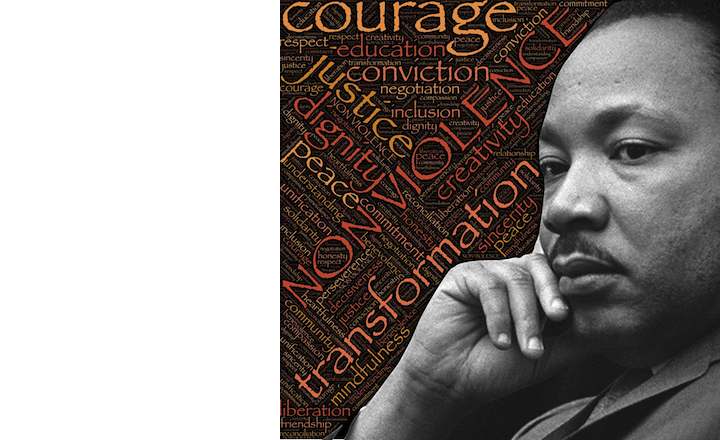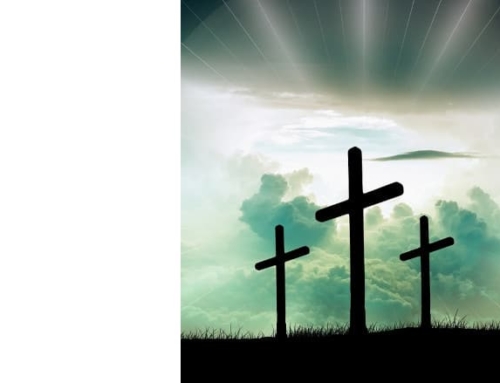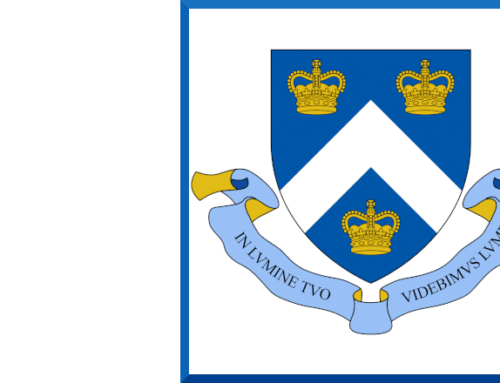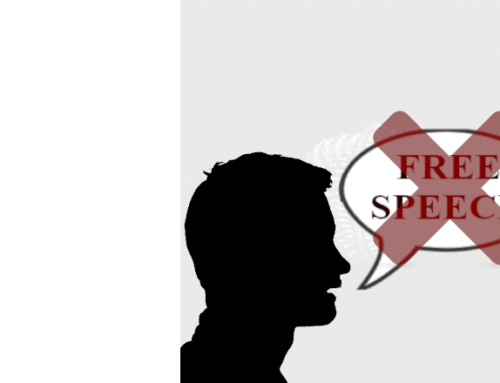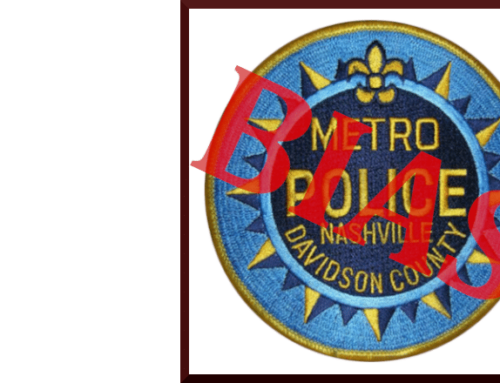Catholic League president Bill Donohue comments on how protests have changed in America:
A protest is a declaration of disapproval. That is what Rev. Martin Luther King, Jr. participated in for many years. The worst of what is happening today is not a form of protest—it is an expression of nihilism.
In his “Letter from a Birmingham Jail,” King made it clear that “In no sense do I advocate evading or defying the law, as would the rabid segregationist. That would lead to anarchy.” He then detailed the heart of what civil disobedience means. “One who breaks an unjust law must do so openly, lovingly, and with a willingness to accept the penalty.”
Civil disobedience, which King perfected, is based on several criteria: 1) every legal method of protest must be exhausted before a law is broken 2) the protest must be non-violent 3) the means must be moral suasion, not intimidation, and 4) participants should go willingly—or as he said “lovingly”—to jail.
This is not what is happening today. To be sure, there are peaceful protesters, but those who are resorting to violence are nihilists. Previous generations of left-wing activists had a blueprint for change, and flawed as though the Marxist plan was—overthrow capitalism and then move to socialism and ultimately to communism—it was at least inspirational.
Today’s nihilists, exemplified by Antifa, have nothing to offer. They are intellectually spent: they simply want to tear down existing institutions. They are the anarchists whom King condemned. They reject democratic channels to affect change; they are violent; they seek to coerce, not persuade; and they attack the police.
Another change in the face of protest is the rejection of the American Creed and the promotion of anti-Americanism. Harvard historian Samuel P. Huntington defined the American Creed as the belief in equality, individualism, democracy, and rule of law under a constitution. This is what King enthusiastically embraced. He knew it was not a reality for everyone, but it was his faith in the American Creed that inspired him to realize it.
Today’s nihilists reject the quest for the American Creed. Indeed, they reject America. Their anti-Americanism is something King would never counsel. Taught to hate America’s heritage by ideologically corrupt professors, legions of young people are badly educated about the achievements of Western civilization and legacy of liberty that it bequeathed.
Another difference is the demographics of the protesters. Blacks dominated King’s non-violent demonstrations, receiving important support from a contingent of white men and women, many of whom were members of the clergy. Priests, nuns, ministers, and rabbis walked with King to demand justice. Today there are as many whites taking to the streets as there are blacks, though the most violent among them are not from religious communities. Most significantly, their goal is anarchy, not justice.
Consider where the violence took place in New York over the weekend. The racial composition in the Bronx is roughly equal between blacks and whites; in Brooklyn, half the borough is white and 36 percent is black. Brooklyn erupted, not the Bronx. It was white middle class young people in the affluent neighborhoods of Brooklyn—drunk on ideology—that engaged in mob rule.
Another change is the phenomenon of outside anarchists being paid to create mayhem. They use encrypted communication to notify their comrades where the police force is thin, where to obtain gasoline, and when to strike. Then they torch and loot.
In his “Letter from a Birmingham Jail,” King said he stood against black nationalists. He made it clear that if black nationalists were to win, it would “lead inevitably to a frightening racial nightmare.” Those who are pushing for this reality today are not from African American neighborhoods, and they are more likely to be on the payroll of wealthy white patrons. They are professional urban terrorists.
King wanted to improve America. Today’s nihilists want to destroy it. They have nothing in common.


